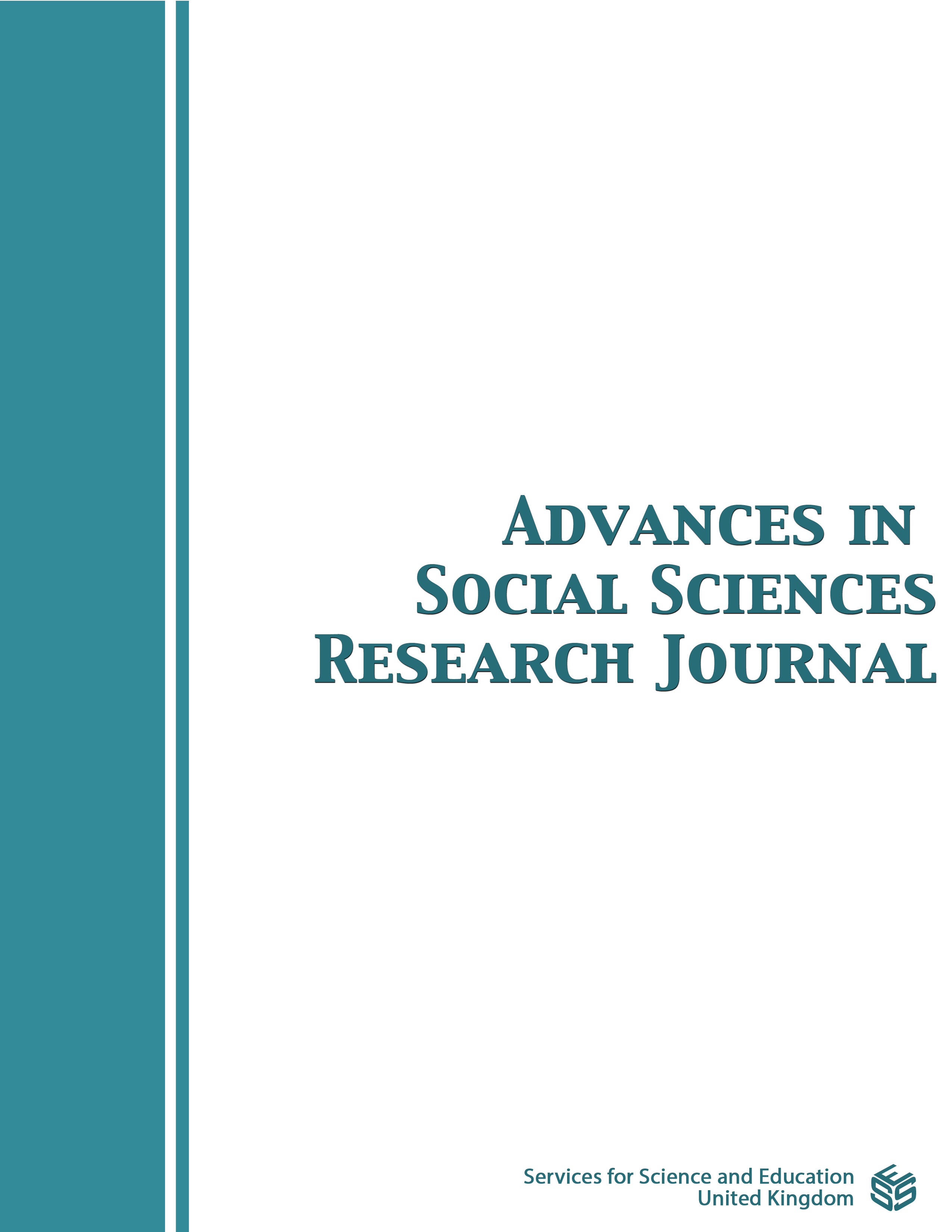Post-Baccalaureate Financial Literacy and Economic Well-Being of First-Generation College Graduates
DOI:
https://doi.org/10.14738/assrj.1207.19042Keywords:
First-generation college students, Financial literacy, Financial security, Post-Baccalaureate outcomes, Higher educationAbstract
This study examines the relationship between first-generation status and post-graduation financial literacy among bachelor's degree recipients. Drawing on data from the 2012/17 Beginning Postsecondary Students Longitudinal Study (N = 7,010), multivariate regression analyses investigate disparities in financial literacy, financial behaviors, and financial security between first-generation and continuing-generation college graduates. First-generation graduates demonstrate significantly lower financial literacy scores (1.77 vs. 2.08 on a 1-3 scale, p < 0.001), with particularly pronounced deficits in investment diversification knowledge. After controlling for demographic characteristics, academic factors, and employment status, first-generation graduates score 0.161 points lower on financial literacy measures and have 33.8% lower odds of correctly answering investment diversification questions. First-generation graduates also exhibit distinctive financial behavioral patterns. Logistic regression results show first-generation graduates have 54.9% higher odds of prioritizing debt repayment, 31.5% lower odds of prioritizing savings, and 32.0% lower odds of paying credit card balances in full. First-generation status remains associated with 4.6% lower salary and 21.9% lower odds of financial security after controlling for financial behaviors and literacy. Student loan debt negatively affects financial security for all graduates, but interaction terms reveal no differential effects by first-generation status. Mediation analysis reveals that financial literacy accounts for approximately 13.2% of the relationship between first-generation status and financial security, indicating that multiple pathways contribute to these disparities. However, academic satisfaction significantly moderates this relationship, with highly satisfied first-generation students achieving financial security levels closer to continuing-generation peers. Results highlight the need for targeted interventions addressing financial knowledge gaps, behavioral patterns, and college experiences to support first-generation graduates' financial well-being.
Downloads
Published
How to Cite
Issue
Section
License
Copyright (c) 2025 Osasohan Agbonlahor

This work is licensed under a Creative Commons Attribution 4.0 International License.
Authors wishing to include figures, tables, or text passages that have already been published elsewhere are required to obtain permission from the copyright owner(s) for both the print and online format and to include evidence that such permission has been granted when submitting their papers. Any material received without such evidence will be assumed to originate from the authors.






